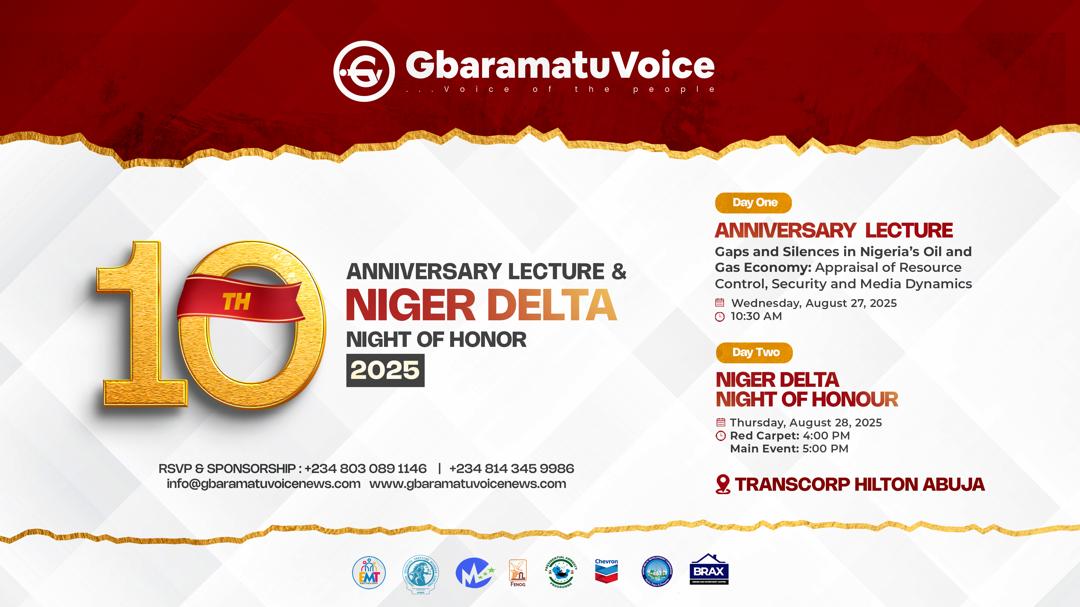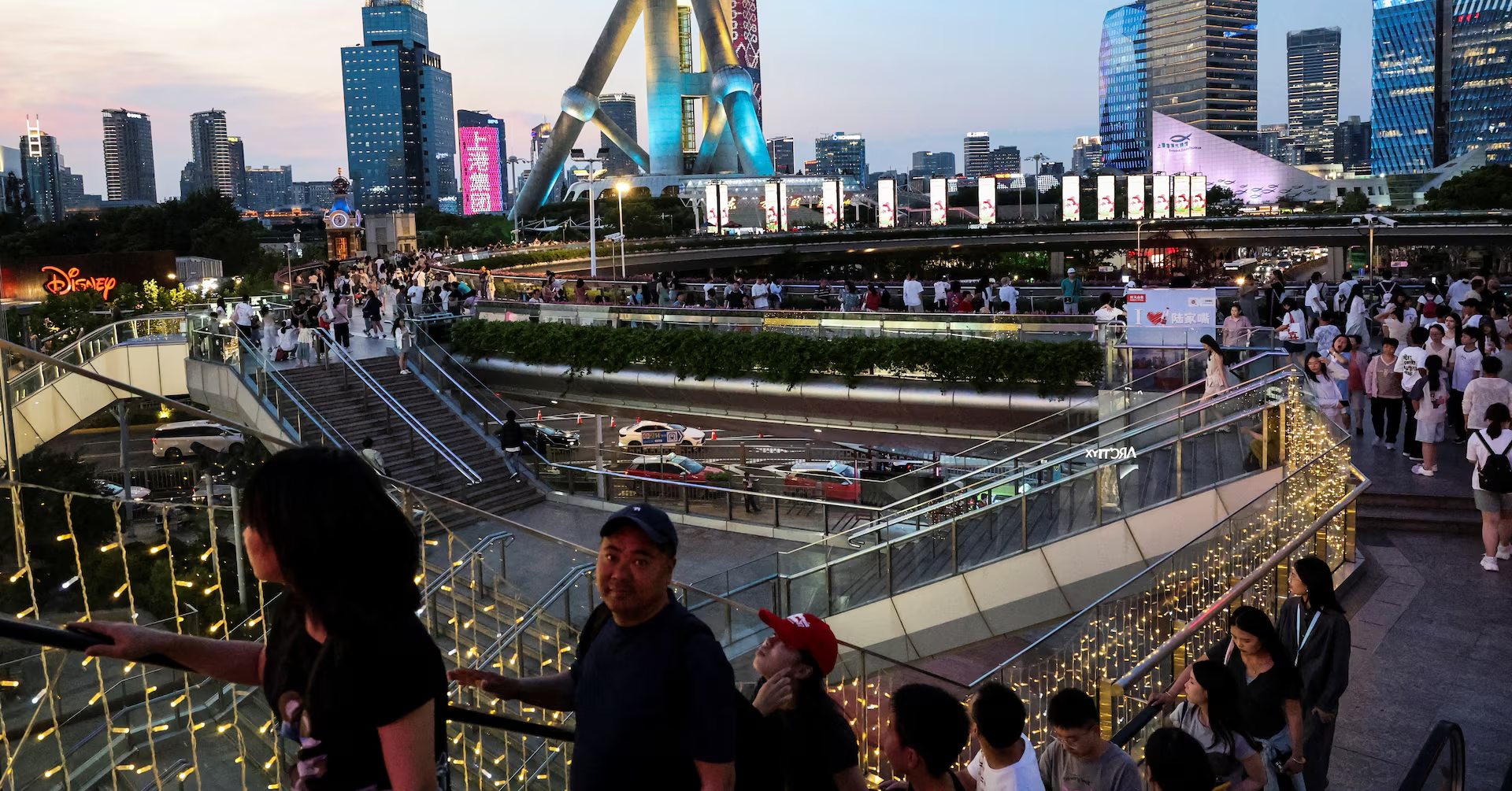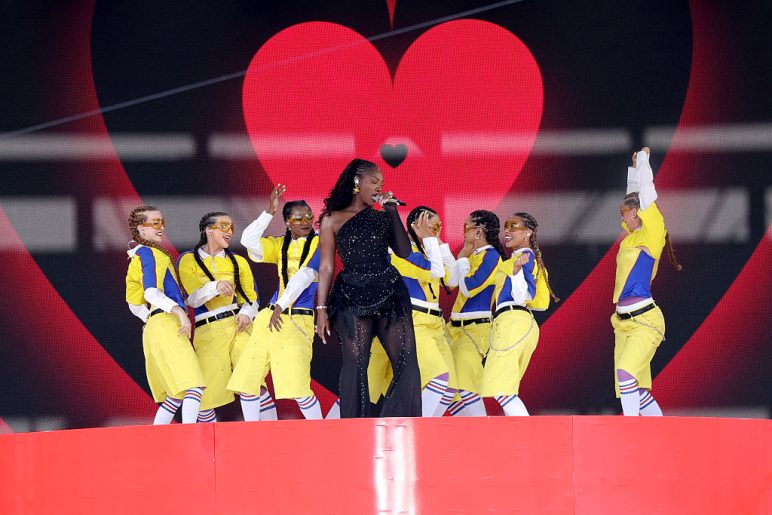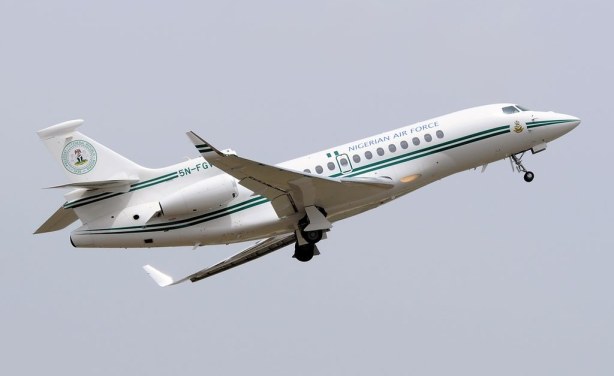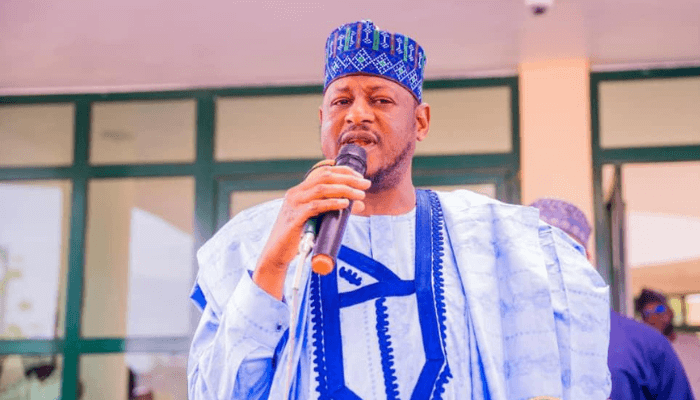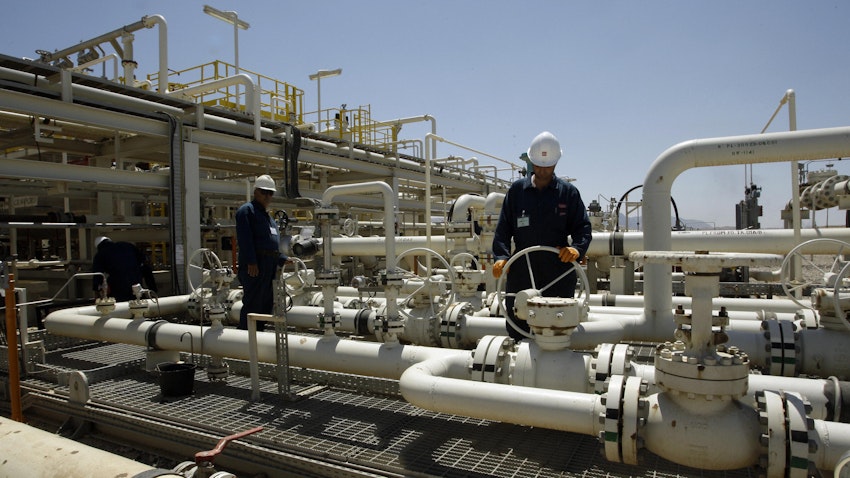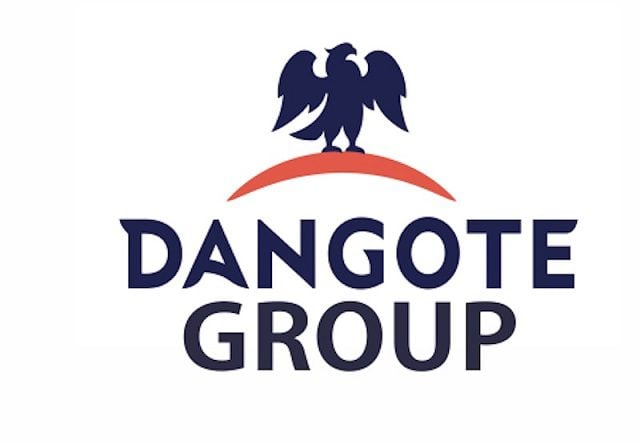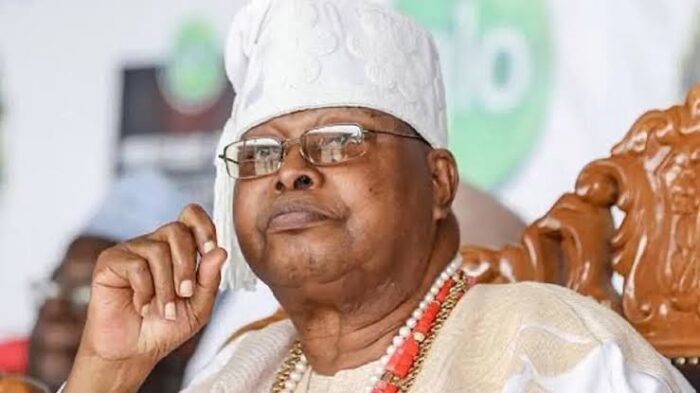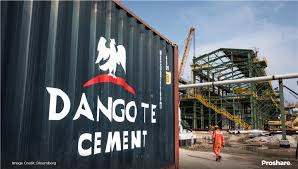By Ayomide Otitoju
Africa’s richest man, Aliko Dangote, has applied for approval to develop a deep seaport along the Atlantic coast in Olokola, Ogun State—near his massive fertiliser and oil refinery operations in Lagos.
According to a Bloomberg report on Monday, the proposed port would be located approximately 100 kilometres from the Dangote Fertiliser Plant and Petrochemical Refinery in Ibeju-Lekki and is expected to rival existing facilities in Lagos, including the Lekki Deep Sea Port, which opened in 2023.
The new seaport is part of Dangote’s wider strategy to consolidate logistics and boost exports, particularly in liquefied natural gas (LNG). Currently, Dangote exports urea and fertiliser using a privately constructed on-site jetty.
“The port will allow us to link all our logistics and export operations more efficiently,” said Devakumar Edwin, Vice President of Dangote Group, in an interview. “This will rival anything in Lagos and be the biggest, deepest port in Nigeria.”
Paperwork seeking government approval was submitted in late June. The move also signals Dangote’s return to Olokola, the same site where earlier plans to construct a mega-refinery were scrapped due to disputes with local authorities—issues now resolved under the current Ogun State administration.
Dangote, whose net worth stands at $27.8 billion according to the Bloomberg Billionaires Index, is also planning a major push into LNG exports. Edwin disclosed that the group intends to build pipelines from Nigeria’s gas-rich Niger Delta to Lagos.
“We want to bring more gas than what Nigeria LNG Ltd. is currently doing,” Edwin said, referencing the government-led joint venture with Shell, Eni, and TotalEnergies. “We know where the gas is. We’ll pipe it to the shore and start exporting.”
Natural gas already powers Dangote’s fertiliser plant, where it is converted into hydrogen for ammonia production—a vital ingredient in crop nutrients.
In a separate move set to begin in August, Dangote is preparing to distribute petroleum products to domestic retailers using a fleet of 4,000 gas-powered trucks. The plan has drawn criticism from groups warning of potential monopolistic control, a claim the billionaire has strongly denied.
Dangote emphasized the broader goal of encouraging entrepreneurship through bold investments in infrastructure: “It’s not about doing everything ourselves, but showing what’s possible so others are encouraged to enter.”

